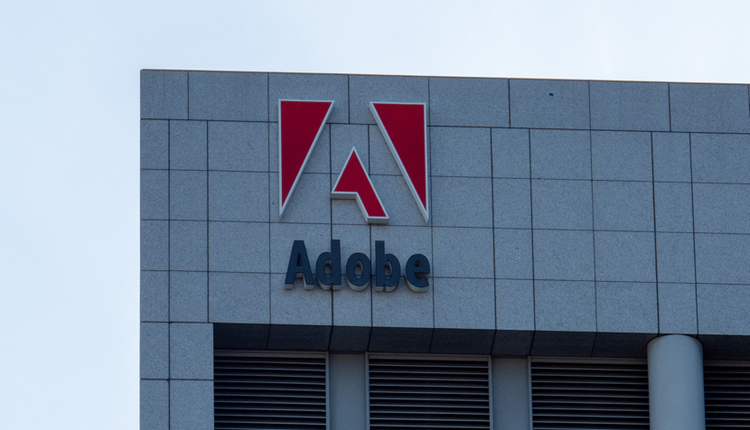Web content management (WCM) initiatives still prove to be a good strategic investment, despite the current economy. Given the web's continued dominance as a main channel for companies to interact with customers and prospects, delayed investment in websites could prove costly. Therefore, keep a few things in mind when thinking about the coming year's WCM plans:
- WCM needs to serve as part of a multi-channel persuasive content architecture. These applications include enterprise marketing suites for campaign management, marketing database management for segmentation and list management, document output management (DOM) for print fulfillment and multivariate testing and web analytics packages that give insight into how people consume content.
- WCM can't operate as an island. Content not expressly authored for the web, as well as content not easily handled within WCM, increasingly factors into web-based customer experiences.
- Personalization will continue to bloom. Personalization initiatives have evolved beyond one-size-fits-all and will include user segmentation, content targeting, automated recommendations, optimization and integration with enterprise marketing platforms.
- Site visitors will become content authors, necessitating user-generated content management. This will require advanced tools that enable organizations to store and manage content from external authors in the same way as they do with internally generated content.
- Website archiving may not seem pressing, but it lurks ominously. Some may remember when Morgan Stanley had to pay $12.5 million in fines due to poor email archiving practices. Many enterprises don't treat web content as records, but they will need to if and when another Morgan Stanley case arises, this time involving content on a public-facing website. Personalized content further complicates this issue. How long will it be before judge orders a company to reproduce what a certain user saw on a website at a certain time? Currently, WCM vendors don't have a lot of out-of-the-box capabilities in this area. The burden for establishing regular archiving procedures remains on companies, but few have made much effort in this area.
Organizations should resist the urge to completely back-burner WCM. Instead, they should:
- Organize a strategic marketing/IT summit to determine WCM strategy. IT needs information about marketing's priorities in order to strategically plan development and upgrade priorities, as well as upcoming software purchases. Ideally, this type of meeting should be held twice a year.
- Consider return on investment (ROI) carefully before embarking on new projects. Companies supporting multiple groups or divisions with the same WCM should carefully consider ROI and understand how to leverage new functionality across the organization before approving it.
- Understand what will come down the pike from their WCM vendor. Before beginning any customization project, organizations should review the functionality on their WCM vendor's road map for the coming year to avoid creating functionality the vendor plans to release (keeping in mind the vendor's record on promised functionality).
- Start archiving now. While website snapshots won't fully meet anticipated WCM-related e-discovery needs — especially for highly regulated industries — it's a start. Organizations should also keep tabs on what their WCM vendor plans to offer; litigation and the web will be a hot topic in the coming year.
STEPHEN POWERS[www.forrester.com] is a senior analyst at Forrester Research, where he serves I&KM professionals. He is a leading expert on multiple aspects of ECM, including WCM and DAM.









